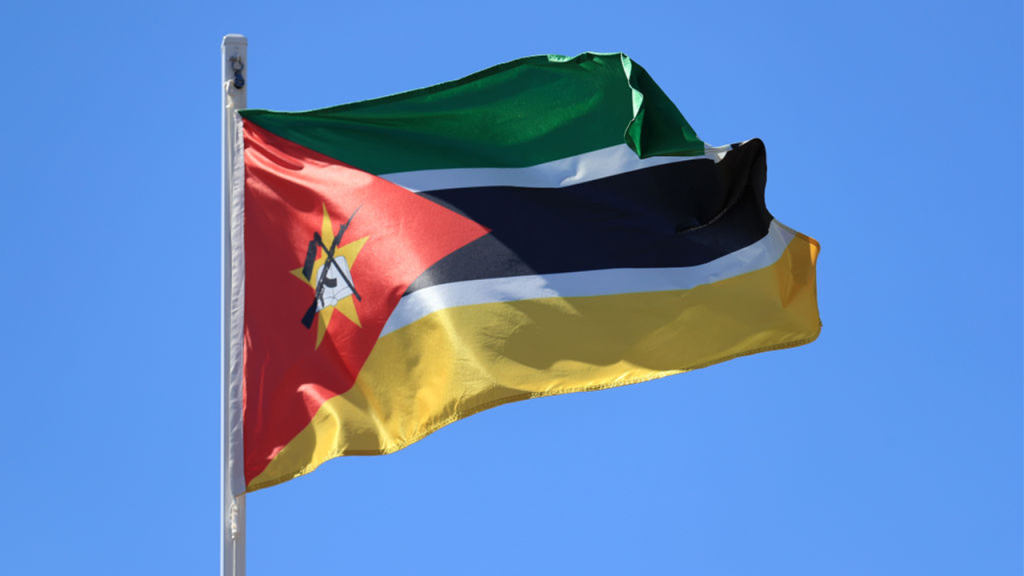At least eight members of a family in Mozambique tragically lost their lives after their homemade boat sank on a tributary of the Zambezi River in Sofala province. This incident occurred shortly after another devastating shipwreck that claimed the lives of nearly 100 people, including many children. State media reported that only two people survived from this latest sinking, with two others still missing. The district administrator attributed the accident to “excess weight and bad weather.” Mozambique, a country with limited infrastructure, relies heavily on boats for transportation in many regions.
Mozambique, one of the world’s poorest nations despite its natural gas resources, faces challenges with overcrowded boats due to lack of other transportation options. Traditionally, many areas of the country are only accessible by boat, leading to situations where vessels are overloaded with passengers. President Filipe Nyusi declared a national mourning period following the recent ferry disaster that resulted in the deaths of nearly 100 individuals off the northern coast of Mozambique. The ferry was reportedly overcrowded with residents fleeing a suspected cholera outbreak when it capsized.
The recent tragedies in Mozambique highlight the dangers faced by those who rely on boats for transport in the country. Overcrowding and unfavorable weather conditions have been cited as factors contributing to these fatal accidents. The government has a responsibility to ensure the safety of its citizens as they travel by boat in various parts of the country. Measures need to be taken to prevent further disasters of this nature from occurring and to improve the overall safety of maritime transportation in Mozambique.
Families in Mozambique have been devastated by the loss of loved ones in these recent boat accidents. The impact of such tragedies on the affected communities cannot be understated, with multiple fatalities occurring in a short span of time. The survivors of these incidents, as well as those still missing, will need support and assistance in coping with the aftermath of these disasters. Authorities must also work towards providing accountability and ensuring that steps are taken to prevent similar incidents in the future.
The combination of factors such as poverty, limited infrastructure, and difficult weather conditions contribute to the risks faced by individuals traveling by boat in Mozambique. The government, along with international organizations and partners, must work together to address these challenges and improve safety standards for maritime transportation in the country. By investing in better infrastructure, training for boat operators, and enforcement of regulations, Mozambique can help prevent future tragedies and protect the lives of its citizens who rely on boats for travel.
As Mozambique mourns the loss of lives in these tragic boat accidents, there is a pressing need to prioritize safety measures and emergency response capabilities for maritime transportation in the country. The incidents serve as a stark reminder of the vulnerabilities faced by those who depend on boats for their livelihoods and daily activities. By learning from these tragedies and implementing necessary reforms, Mozambique can work towards ensuring the well-being and security of its citizens as they navigate the country’s waterways.


